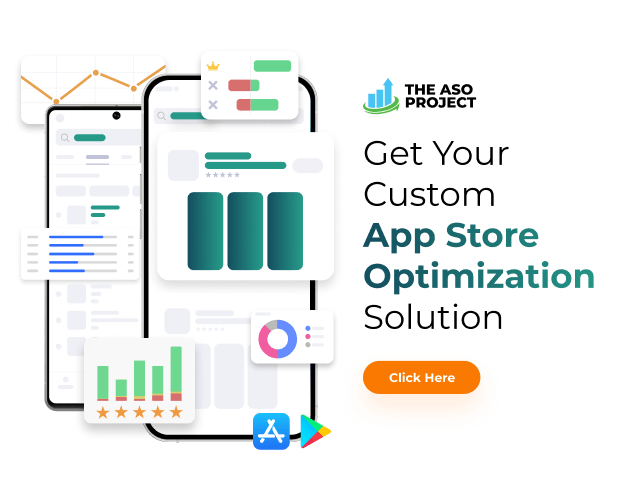

Tracking progress has always been necessary for fitness fanatics, but the internet and mobile apps made these services available to everyone.
MyFitnessPal was one of the first to provide tracking services for fitness and health, with user generated meals, items and workouts. Strava, AllTrails and Komoot added refined tracking through GPS and route planning, which let users explore routes and challenge friends on times.
The introduction of the iPhone led to the creation of Fitbit and other fitness accessories, which used sensors to better track steps, distance and heart-rate. Apple and other brands have added more health and fitness tracking in recent years, marketing their watches as all-in-one fitness solutions.
The market for fitness has split between trackers and agnostic fitness platforms, which let users dictate timing and intensity and personalized programs for the user. These personalized packages use a mixture of AI and human interaction to mimic a traditional personal trainer.
Peloton may be seen as the cumulation of this more personalized and expensive fitness sector. The company sells a treadmill and bike with a price tag at the upper-end of the market, while also offering a subscription to its fitness classes and personalized workout routines.
While Peloton has been successful, fitness apps still mostly offer their services for free through ads or opt-in premium services. Leap Fitness has launched several free apps which target specific types of people, such as those who want to a six pack or who don’t have any gym equipment at home.
Often, health and fitness sectors are combined, and include wellness and Covid apps. This sector profile only includes statistics directly related to fitness, however a few of the fitness apps covered do also offer health in the form of calorie counters and nutritional information.
We have collected data and statistics on the fitness app industry. Read on below to find out more. If you want to learn more about the fitness app industry, check out our premium report.
Key Fitness App Statistics
- Fitness apps generated $3.58 billion revenue in 2023, a 9.1% increase on the year prior
- Peloton generated the most revenue through its Peloton App+
- Fitness apps had 368 million users in 2023
- Fitness apps were downloaded over 850 million times in 2023
Top Fitness Apps
Fitness App Revenue
Revenue increased in 2023 even as usage and downloads declined, with more users sticking to their subscriptions.
Fitness app annual market size 2016 to 2023 ($bn)
Fitness Revenue by App
Peloton is way ahead of other players in fitness subscription revenue, but Apple has made strong gains in the past two years with its Fitness app.
Fitness revenue by app 2023 ($mm)
Fitness App Users
The fitness app industry saw a surge in usage during the pandemic, adding 150 million users in the two years during.
Fitness app annual users 2015 to 2023 (mm)
Fitness App Market Share
Apple Fitness is the most popular fitness app on the market, as the premier fitness app on the Apple Watch.
Fitness app market share 2023 (%)
Fitness App Downloads
Fitness apps were downloaded 858 million times in 2023, a slight decrease on the 893 million downloads in 2022.








:max_bytes(150000):strip_icc()/GettyImages-1487500031-ce7ed5ab5b584471a96a2fbf318b5f93.jpg)